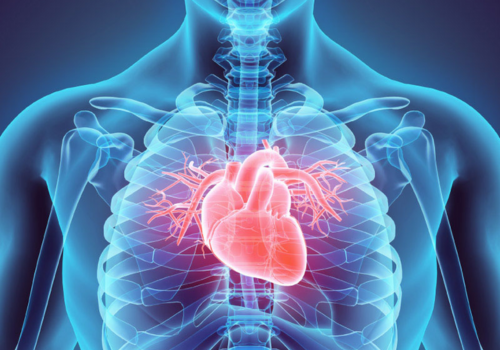What is Heart Disease Care?
Heart disease care focuses on the prevention, management, and treatment of conditions affecting the heart and blood vessels. Effective care begins with a comprehensive approach that includes lifestyle modifications, medications, and, in some cases, surgical interventions. Preventative measures like maintaining a healthy diet, exercising regularly, managing stress, and avoiding smoking are key to reducing the risk of heart disease. For individuals diagnosed with heart disease, treatment plans are tailored to their specific needs and may involve medications to control blood pressure, cholesterol levels, and blood sugar


Causes of Heart Disease:
- Atherosclerosis – Build-up of fatty deposits (plaque) in the arteries, which narrows and hardens the blood vessels, restricting blood flow.
- High Blood Pressure (Hypertension) – Uncontrolled high blood pressure can damage the arteries over time, increasing the risk of heart disease.
- Smoking – Smoking damages the blood vessels, increases blood pressure, and lowers oxygen levels in the blood, all contributing to heart disease.
- Diabetes – Poorly controlled blood sugar levels can increase the risk of heart disease by promoting the development of atherosclerosis.
- Obesity – Excess body fat, particularly around the abdomen, increases the risk of high blood pressure, high cholesterol, and diabetes, all of which contribute to heart disease.
Symptoms of Heart Disease:
- Chest Pain (Angina) – A feeling of pressure, tightness, or pain in the chest, often triggered by physical activity or stress.
- Shortness of Breath – Difficulty breathing, especially during physical exertion or at rest, can be a sign of heart disease.
- Fatigue – Unexplained tiredness or fatigue, even with minimal physical activity, can indicate heart problems.
- Heart Palpitations – Irregular or rapid heartbeats, often described as a fluttering sensation in the chest.
- Dizziness or Lightheadedness – Feeling faint, dizzy, or as if you might pass out can be a sign of reduced blood flow to the brain due to heart problems.

